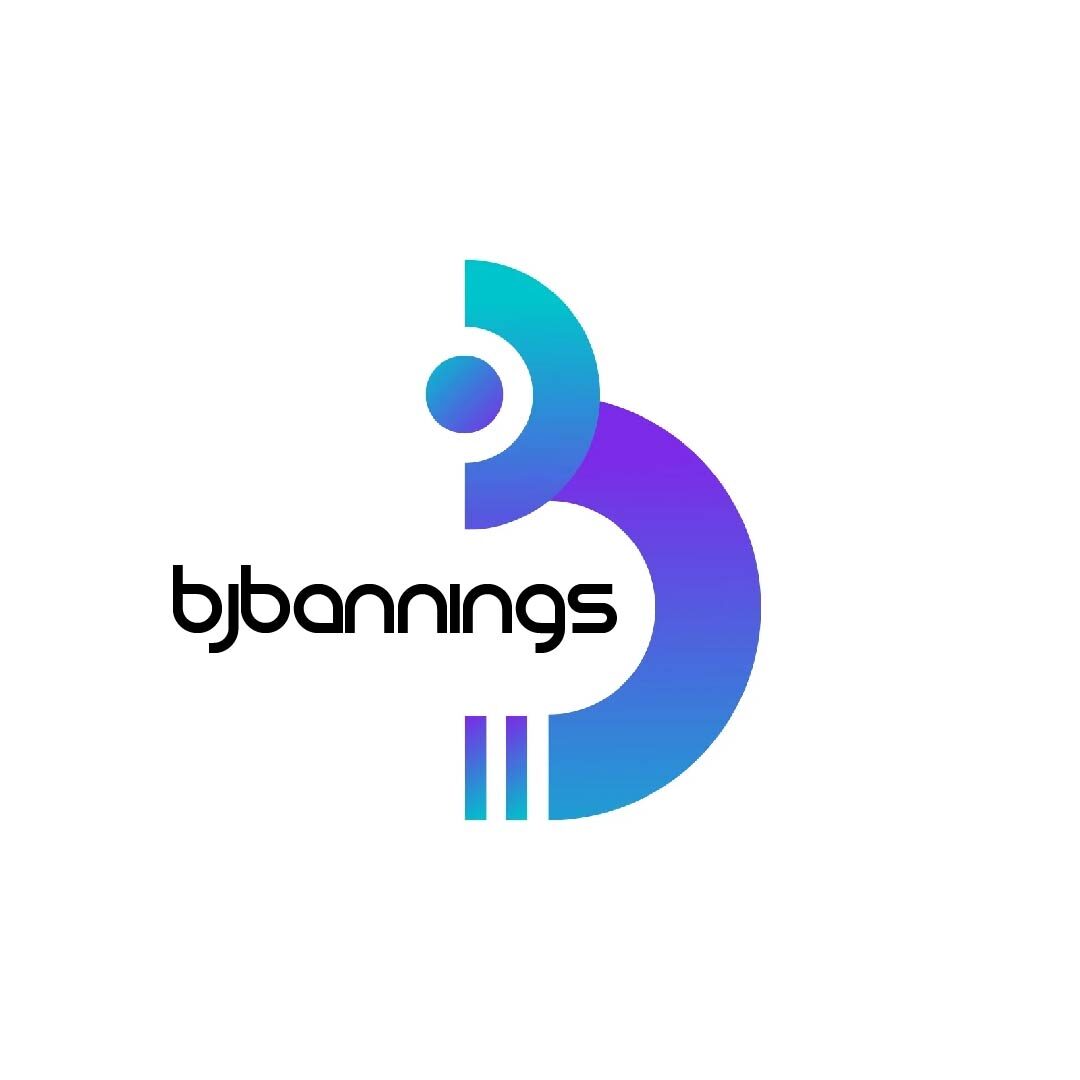Education’s Evolving Path: Shaping New Generations
Education is a dynamic and vital force that shapes individuals and societies in profound ways. It transcends the simple act of teaching facts and figures; education is about fostering a mindset of inquiry, growth, and adaptation. Throughout history, education has been the driving factor behind human progress, enabling innovation, cultural enrichment, and social development. As the world continues to change rapidly, the nature of education is evolving to meet new challenges and opportunities.
At its essence, education is the process of acquiring knowledge and developing skills that empower individuals to understand and engage with the world. It encourages curiosity and critical thinking, guiding learners to ask questions and seek meaningful answers. This engagement with knowledge transforms passive recipients into active thinkers who can analyze, synthesize, and apply information effectively. In this way, education cultivates the intellectual tools needed to navigate complex social, technological, and environmental landscapes.
More than cognitive development, education plays a crucial role in shaping character and social awareness. It exposes students to diverse perspectives, cultures, and histories, fostering empathy and respect for others. Through collaborative learning and shared experiences, education nurtures social skills such as communication, cooperation, and conflict resolution. These qualities are essential for building inclusive communities and fostering a sense of shared responsibility among citizens.
The promise of education lies also in its potential to promote equity and social mobility. Access to quality education can break cycles of poverty and open doors to opportunities previously unavailable to marginalized groups. When education is accessible to all, regardless of socioeconomic background, gender, ethnicity, or ability, it becomes a powerful equalizer. Such inclusivity allows societies to harness the full range of human potential and move toward greater fairness and cohesion.
Technology has significantly transformed education, offering new possibilities and presenting new challenges. The rise of digital learning platforms, virtual classrooms, and online resources has expanded access to education beyond traditional http://icbiimageconsultants.com/ settings. Learners can now explore a vast array of subjects at their own pace, connect globally, and engage with interactive content. However, this digital shift also reveals disparities in technology access, making it crucial to address the digital divide to ensure equitable learning opportunities for all students.
Educators are central to the success of any education system. Beyond delivering curriculum, teachers inspire and guide students, fostering motivation and resilience. They create supportive environments where learners feel safe to express ideas, take risks, and grow. Continuous professional development and adequate resources are necessary to equip teachers to handle diverse classrooms and evolving educational demands effectively.
Education is tightly linked to economic development and innovation. A well-educated workforce fuels productivity, creativity, and competitiveness. It enables individuals to pursue careers in emerging fields and adapt to changing job markets. Investment in education translates into economic growth, improved health, and social stability. It also encourages entrepreneurship and lifelong learning, which are vital for sustainable development in a globalized world.
Lifelong learning has become a defining feature of modern education. In a world where knowledge and technology evolve quickly, ongoing education is essential to stay current and relevant. Vocational training, adult education, and informal learning pathways complement traditional schooling, enabling individuals to continuously update skills and pursue personal interests. This commitment to lifelong learning fosters both professional success and personal fulfillment.
Cultural education enriches the learning experience by connecting individuals to the arts, history, and diverse traditions. It nurtures creativity, emotional intelligence, and a deeper appreciation for human expression. Integrating cultural learning with scientific and technical education produces well-rounded individuals who are capable of innovation and thoughtful reflection.
Education also fosters active citizenship by encouraging awareness of social, political, and environmental issues. It equips learners with the critical thinking skills needed to participate in democratic processes and advocate for positive change. Through education, individuals gain the tools to contribute to building more just, sustainable, and inclusive societies.
The impact of education extends far beyond the classroom. It influences families, communities, and nations by shaping values, aspirations, and opportunities. It inspires hope and ambition, offering pathways to a better quality of life. As education continues to evolve, it remains a powerful instrument for unlocking human potential and shaping a future filled with promise and progress.
Every era brings new challenges to education, demanding flexibility, creativity, and a commitment to equity. Yet its core mission remains constant: to prepare individuals not just to survive but to thrive in an ever-changing world. Through education, humanity continues its journey of discovery, innovation, and transformation, building the foundations for generations yet to come.
